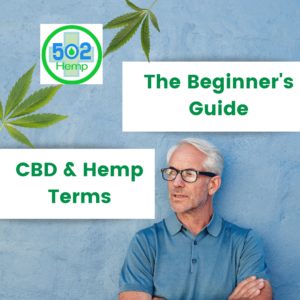The use of dietary supplements, including vitamins, minerals, and naturally occurring compounds, has a long history dating back to ancient times. As our understanding of these supplements and their impact on our well-being has evolved, the combination of CBD with vitamins has emerged as a potential avenue for enhanced health. However, it is essential to carefully consider the true benefits and implications of this combination.
FDA Considerations
The majority of vitamin supplements available on the market today have received approval from the Food and Drug Administration (FDA). This approval signifies that they are safe for human consumption and are classified as dietary supplements, rather than medications. Notably, dietary supplements are not intended to treat, diagnose, cure, or prevent diseases. CBD, on the other hand, has not yet received FDA approval.
It is important to note that the FDA has approved a CBD-related medication called Epidiolex, specifically designed to reduce seizures. This exception demonstrates that CBD, despite lacking broad FDA approval, holds characteristics aligning it more closely with medication than a traditional dietary supplement. Consequently, if CBD were to receive FDA recognition for human consumption, it could potentially require a prescription. This means that a dietary supplement containing CBD might also necessitate a prescription.
Preserving Success
Currently, CBD is available as a supplement, albeit one without FDA approval. It can be purchased without a prescription in the United States, offering various consumption methods with unique attributes. Before making a decision to purchase CBD, thorough research is strongly recommended. Ensure that the CBD product you choose is of high quality. While the side effects of CBD are not fully understood, they are believed to be minimal. Conversely, while most dietary supplements do not require prescriptions, they can carry varying and occasionally severe side effects. Prior investigation of potential side effects is always advisable when considering any supplement.
Mixing CBD with other supplements increases the likelihood of experiencing potential side effects associated with any of the compounds within the mixture. While supplements may offer complementary benefits to CBD, taking them together in a premixed form may provide little advantage. Each supplement should be selected based on individual dietary needs and lifestyle requirements. With numerous supplements available, each serving specific purposes, it may be more beneficial to choose one that aligns with personal needs and combine it with CBD accordingly, rather than opting for a generic premixed combination.
The combination of CBD with dietary supplements presents both opportunities and considerations. While dietary supplements are FDA-approved and widely consumed, CBD’s status as a supplement without FDA recognition brings its own set of implications. Engaging in thorough research, selecting high-quality CBD products, and understanding potential side effects are crucial steps when incorporating CBD and supplements into one’s wellness routine. Tailoring supplement choices to individual needs ensures a more personalized approach to achieving optimal health.
*The statements made regarding these products have not been evaluated by the Food and Drug Administration. The efficacy of these products has not been confirmed by FDA-approved research. These products are not intended to diagnose, treat, cure or prevent any disease. All information presented here is not meant as a substitute for or alternative to information from healthcare practitioners. Please consult your healthcare professional about potential interactions or other possible complications before using any product. The Federal Food, Drug, and Cosmetic Act requires this notice.



